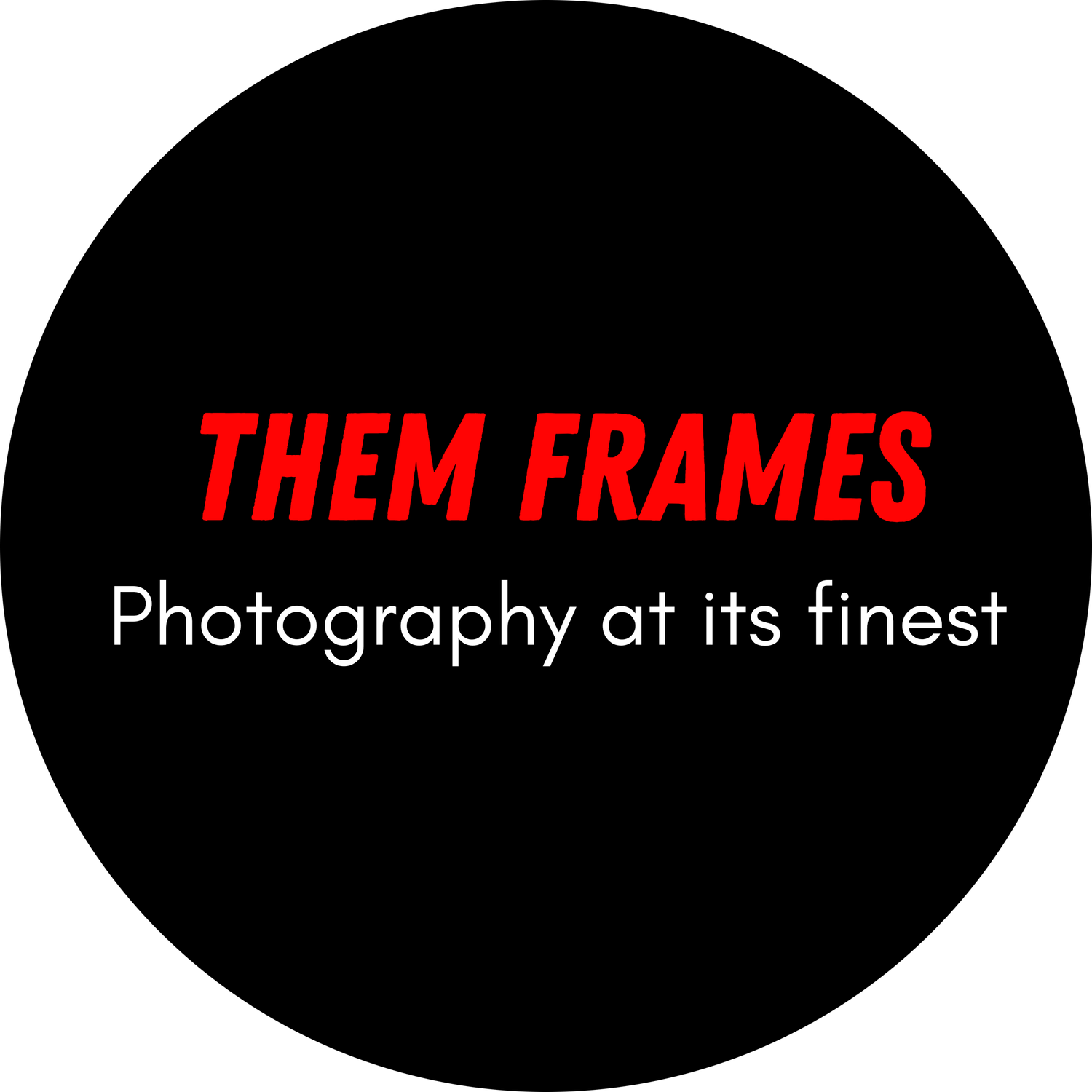How Gonzo Culture Shaped Robbie McIntosh's Photography Style
All images by Robbie McIntosh. Used with permission.
There's something magnetic about photographers who refuse to look away. Who get uncomfortably close, capture the unguarded moments and present reality without apology. Robbie McIntosh is one of those photographers, he’s a street photographer whose work pulses with the high-energy of Naples and the Mediterranean coast.
McIntosh's portfolio reads like a love letter to the human experience. There’s joy, connection, life, all running through his work. His candid shots capture everything from intimate beach moments to gritty street scenes, always with an unflinching honesty that can make viewers simultaneously uncomfortable and captivated. It's photography that demands attention, not through shock value, but through its authentic portrayal of life as it actually unfolds.
When I spoke with McIntosh, I was curious about the origins of his fearless approach to photography. The answer traces back to his teenage years in the nineties. "There was a cult program broadcast on Italian TV, it was called 'Cinico TV', by Ciprì and Maresco," he explained. "Much of my obsession with the bizarre, the rude, gonzo and the ultra-real comes from there."
This early exposure to unhinged storytelling clearly shaped his photographic vision. McIntosh's work carries that same gonzo spirit, there’s a willingness to dive headfirst into the action and emerge with images that feel alive.
On how he interacts with the people, he told me "It depends on what I feel at the moment. In some cases I don't ask [to take their picture], in others I prefer to ask or start talking. In any case, my presence is always manifest."
McIntosh makes most of his work in his home-city of Naples and around the Southern Italian coast. They both serve as the perfect backdrop to his raw, unfiltered style. It’s also a great advertisement for that part of the world, as Naples still struggles to remove a negative image that plagued it in the past.
"The bad reputation is mostly tied to the past," McIntosh told me. He added, "Now the situation is quite under control as far as crime is concerned. The real risk is that of losing the true essence of the city, given the gentrification that is now rampant."
For McIntosh, the boundaries between beach and street photography are artificial constructs. When I asked him which environment inspired him more, he told me, "In reality it is all the same thing, a single primordial soup in which we all swim, beyond the categories and genres that someone has invented for photography," Elberating, he said, "For me they are all walls that must be torn down, one by one, to reach freedom and self-awareness”.
Some say - me included - that his work often ventures into risqué territory, capturing moments that others might consider too intimate or provocative for public consumption. But for McIntosh, this isn't about provocation for its own sake. "I like to narrate reality without filters, in a raw and direct way," he said. "The aspect you are talking about is part of human experience, of its behavior and it seems right to me not to look away."
Recently, McIntosh has been sharing his philosophy with others through workshops with Leica Academy. His teaching approach mirrors his photography; it’s focused on authenticity rather than technique. "More than anything I encourage them to bring out what they already have inside, and almost always every person already has everything they need inside themselves," he explained. "And to explore their own limits, and to look for their own original vision."
Before he left the digital room, he indulged me in answering two questions I always like to ask a photographer. First, I’m curious about the role of multimedia within photography and asked McIntosh what he felt would be the perfect musical pairing for his body of work. "Any exploratory song or record. I think of the Grateful Dead concerts from 1972-1974, or certain things by Frank Zappa or John Coltrane or Little Feat."
Perhaps most telling about the man and his relationship with street photography, was his final response. When asked to complete the sentence "I need photography in my life because..." Without hesitation, McIntosh replied: "...I don't know how to do anything else."
It's this level of candidness that makes McIntosh and his work so compelling. In a world of carefully curated feeds and filtered realities, he offers something increasingly rare: an unvarnished look at life as it actually is, messy, beautiful and utterly human.












